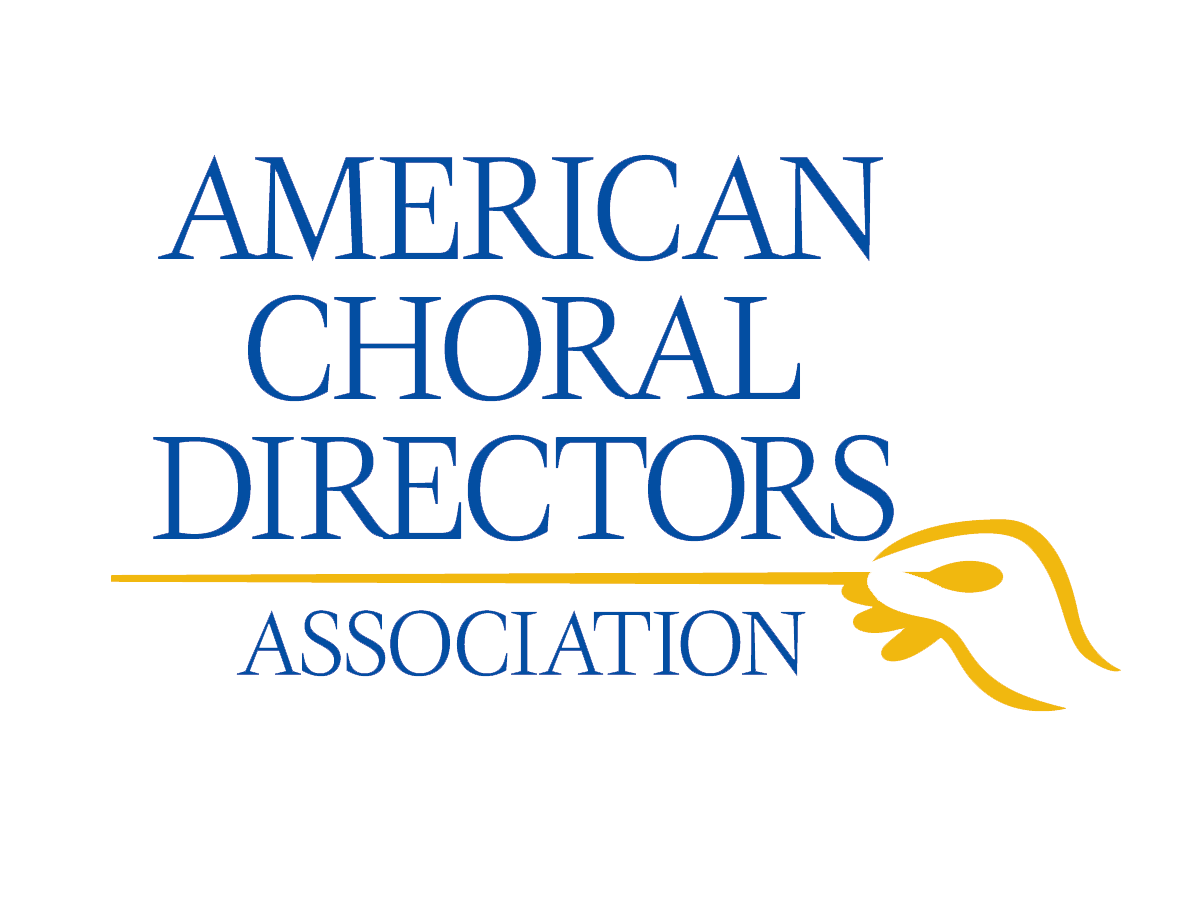The purpose of this qualitative inquiry was to understand secondary school choir program (re)building through an organizational lens. Participants were two music teachers who respectively founded or restored middle school choir programs in the last 10 years. Primary data included individual teacher interviews and group interviews with selected students. Secondary data came from field observations and documents. Using instrumental case study methods, we analyzed the programs as voluntary associations, a type of organization in which members (in our case, students) participate by choice and for nonremunerative reasons. Findings showed that to (re)build, the teachers adopted philosophies of open access and cast their choirs as socially rich, emotionally safe, and musically challenging. Students’ motivations for persisting in choir were primarily affective and normative (e.g., to develop singing skills and to be with friends) rather than utilitarian (e.g., choir as an easy A). (Re)building was situated and phased, with school culture, policy, administrator relations, and program age emerging as salient factors. We advance teacher profiles, practical implications, and suggestions for further study.
You are here: Home / IJRCS / (Re)building the Secondary School Choir Program: An Organizational Perspective


